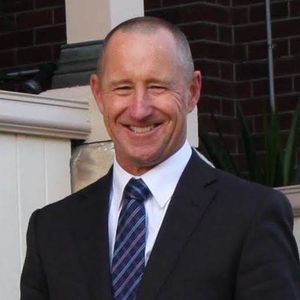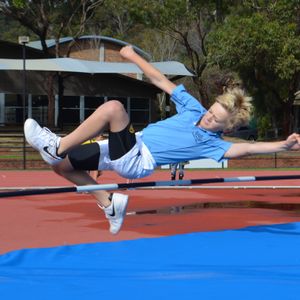Mosman Prep - A Very High Performing School
A ‘handy’ scorecard of best practice
I find it helpful, from time to time, to test our aspirations and practice at Mosman Prep alongside external expert criteria. Last week, The Sydney Morning Herald published some recent research including a ‘ten point’ list of the key practices of the very best of the Public Education ‘Ambassador’ Schools (ie. high performing schools).
It was a worthwhile exercise, confirming to me our “ten out of ten” perfect score, and our endeavours to go beyond it.
University researchers from UNSW, the University of Canberra and Charles Sturt University spent a year studying high performing schools, observing classrooms, and surveying teachers and students to identify ‘Ten secrets of success’ (Sydney Morning Herald, 17 November 2023).
When comparing Mosman Prep’s Learning and Wellbeing Models and approaches (as identified in our recent Strategic Plan) with the ten identified successful practices, you can see an extremely positive correlation - in fact we perform well in excess of their benchmark in many instances.
High Performing Schools’ Practices
Data-informed practice
Data-informed practices were embedded in the cultures of ambassador schools. Teachers used their knowledge of students’ prior achievement and needs to provide appropriately challenging work.
Explicit teaching
Teachers ensured students were clear about what they were learning in each lesson and how they would know they had achieved that learning.
High expectations
The expectation that every student could and would achieve was conveyed through appropriately challenging work and systematic encouragement and support for students and their families.
Instructional support and leadership
Differentiated instruction was used to ensure that students were appropriately challenged and supported to learn. Leaders were focused on the school’s core business – student learning – and ensured that the routines and structures were focused on supporting teaching and learning.
Classroom management
The routines of explicit teaching contributed to orderly classroom environments. There was a relentless focus on maintaining the conditions in which learning could occur.
Whole school vision/approaches
Leaders had a clear vision for their school based on shared values. Effective practices were instituted consistently and coherently.
Positive teacher/student relationships
Interactions between teachers and students, and principals and students, were consistently positive. Students appeared to enjoy talking with their teachers, and principals interacted with students during the day.
Focus on student ‘wellbeing’
The schools were proactive and systematic in providing support for students. The approaches adopted were based upon deep knowledge of students, their circumstances, and needs.
Teacher and student agency
Trust and respect underpinned relationships in the schools. In the context of explicit teaching, students had choices about the degree of challenge with which they engaged.
Growth orientation
Classrooms were focused on learning rather than competition and performance. Students could challenge themselves and learn from failures as well as success.
Early targeted and robust intervention in Preschool and Primary School lays the foundation for your son’s character, wellbeing, holistic development, and ultimately his success in the future.
Our commitment to evidence-based approaches to teaching, learning and wellbeing, and our outstanding staff and staffing ratio, means that we are at the cutting edge of education and a very high performing place of learning and relationships.
Critical to our high performance, is the special and unique partnership we have with our parents, a partnership underpinned by trust and respect, which allows us to realise the powerful notion of a ‘village raising a child’.
Peter Grimes | Headmaster

















